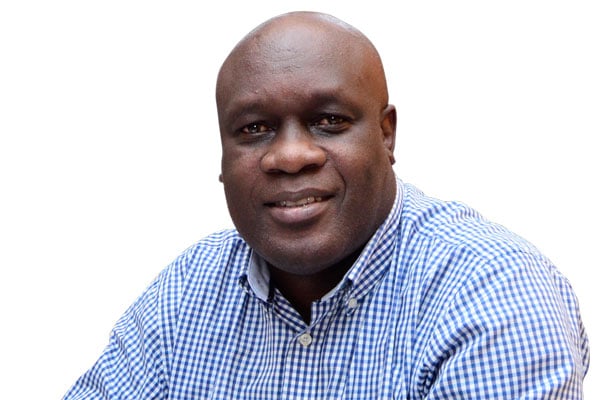Should Kenyans, Ugandans have feared war on Twitter?

Odoobo C. Bichachi
What you need to know:
Mainstream media continues to invest heavily in putting its news on these platforms to compete with citizen journalists and bloggers
This week, Twitter has had an “earthquake” of sorts, at least in the East African countries of Kenya and Uganda.
Not only was a “war” declared on Kenya with a “threat” to reach Nairobi in two weeks, the flurry of diplomatic activities that followed – offline and online – resulted in a realignment within Uganda’s military. I won’t delve into that.
The question we ask then is how powerful Twitter or social media for that matter is in the news they deliver? How much does the public trust it? Did Kenyans trust “news” that war was at their doorstep? Or did Uganda trust “news” that war against Kenya was imminent?
Trust is a very important factor in influencing responses to news, to events as reported, and to the platforms that have delivered it.
The Reuters Institute “Trust in News” project recently published the results of an interesting study titled, “The trust gap: How and why news on digital platforms is viewed more sceptically versus news in general”.
Unfortunately Uganda and Kenya were not part of the countries studied. Nonetheless, the findings offer interesting insights that we could use to infer whether the “war tweets” should have been taken seriously or not.
The study was carried out in the USA, UK, India and Brazil. It focused on perceptions about news delivered on Facebook, Google, Twitter, Instagram, TikTok, YouTube and Whatsapp. It sought to establish how much the respondents trusted the news they encountered on these apps vis-a-viz the same news on mainstream platforms.
Generally, it was found that how people think about news on different platforms “depends on the platform, on the country and on the news they encounter”. Even then, it was clear that mainstream brands are more trusted on news than social media and messaging platforms.
Google and YouTube have the highest trust levels across all the four countries, with little difference in trust in relation to mainstream media. Twitter, TikTok and Instagram are the least trusted across the four countries and the disparity in trust with the mainstream media is the widest.
Whatsapp is moderately trusted in India and Brazil while it is hugely distrusted in the USA and UK. It was also established that trust in news in general is higher than trust in political news. The trust gap is also not the same everywhere, though it is generally larger for Facebook and smaller for Google. It also very much depends on the type of audience: the “younger, college educated, politically interested people are more likely to trust news on these platforms than other audiences are.”
What is also clear is that many people in these countries do not access these platforms, or mainstream news at all; many times out of choice. This is an indication that for many of them, news is the least of their concern.
This is perhaps based on perceptions about journalism reported thus: “Negative perceptions about journalism are widespread. As many as half the respondents in each of the countries covered say they believe journalists try to manipulate audiences to serve the agendas of powerful politicians or care more about getting attention than reporting the facts.”
Without dampening the journalists, the other important finding was that many people who use these social media and messaging platforms do not go there to find news; they go there to interact and socialise, to learn and to trade, to be entertained, etc. News is therefore just a by-the-way encounter!
Google and YouTube were particularly found to appeal to learning and entertainment while Whatsapp is perceived more as a communication tool. Mainstream media continues to invest heavily in putting its news on these platforms to compete with citizen journalists and bloggers. While its presence is a great tool to counter fake news, misinformation and disinformation, it is perhaps not as important to users as it is believed to be! Indeed the study concludes: “…while news on platforms may be increasingly important for many news organisations, it is less clear that it ranks highly as a reason why most people use platforms in the first place. As long as people are generally satisfied with platforms for serving the specific reasons they have for using them, news may rarely enter into the equation at all…”
Send your feedback/complaints to [email protected] or call/text on +256 776 500725.



